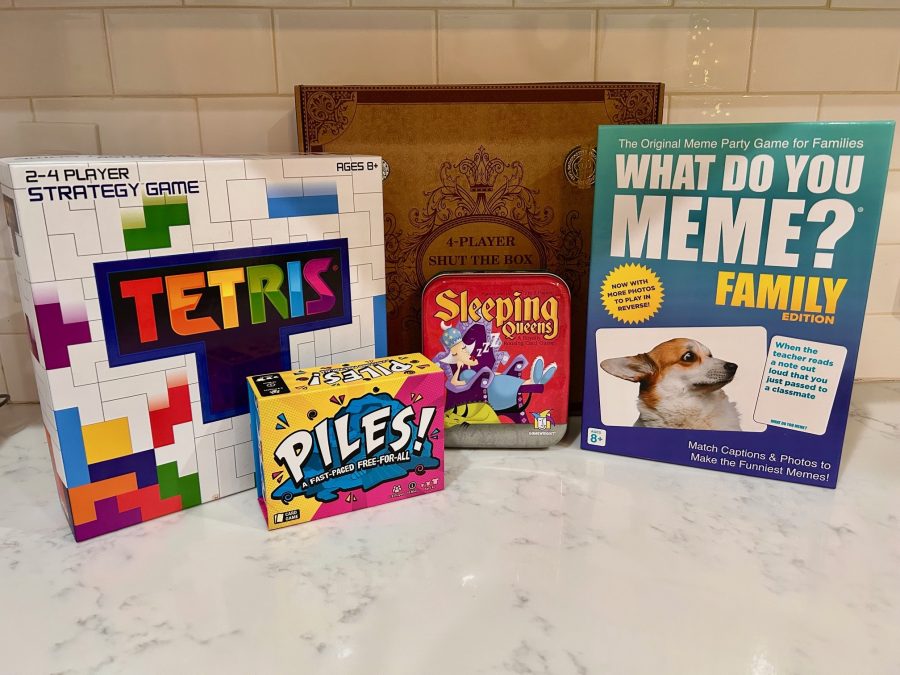For the purposes of keeping the post on a specific track, I will be focusing on sexual awareness in children as young as 2 years old and under the age of 7. If your children are older, that doesn’t mean this post doesn’t apply to you and that you can’t still apply certain techniques.
Raising Safe Kids: Sexual Awareness
75% of the moms reading this just totally freaked out with that title. I’m sorry, I didn’t mean to alarm you or insult you or make you blush, but I believe with this topic you just have to be straightforward. Are you aware that our city is one of the major human trafficking hubs in the country? Did you realize that 44% of sexual abuse victims are under 18? We hear scary statistics and shun away from it because “it will never happen to me, never to my family”. I used to think that too, but it could be your family the same as it could be my family. No one ever thinks it could happen to them. They never believe that the neighbor or coach or uncle could be a predator, but they could be. And your child could become a victim. What can you do to prevent that?
 We live in such a sexual culture that it is impossible to separate our bodies from sex. When our two year old stares at our breasts we believe he must be having sexual thoughts about our bodies and shut him off from looking instead of recognizing their curiosity about our differences. When our child asks where babies come from we immediately jump to a porno scene in our head and end the conversation instead of an age appropriate answer of “Babies grow in their mommy’s wombs before they are born.” It’s impossible for an adult to think in different terms. Our brains have been so wired by our culture, by the media, by our life experiences to think sexually that we can’t view it otherwise. (Hello, we can’t even view a nursing mother in a non-sexual manner, but I digress…)
We live in such a sexual culture that it is impossible to separate our bodies from sex. When our two year old stares at our breasts we believe he must be having sexual thoughts about our bodies and shut him off from looking instead of recognizing their curiosity about our differences. When our child asks where babies come from we immediately jump to a porno scene in our head and end the conversation instead of an age appropriate answer of “Babies grow in their mommy’s wombs before they are born.” It’s impossible for an adult to think in different terms. Our brains have been so wired by our culture, by the media, by our life experiences to think sexually that we can’t view it otherwise. (Hello, we can’t even view a nursing mother in a non-sexual manner, but I digress…)
However, children’s brains aren’t thinking along those terms. So, dear mother, as we carry on a conversation about sexual awareness with our children, realize that this does not have to mean that we are making them aware of sex or exposing them to sex or putting images of sex in their heads. You may not be able to escape that mindset, but your child isn’t there yet. Your child is no more thinking of sexual activity than they are thinking about how to pay the mortgage this month. Breathe, pour a cup of coffee (and maybe take a Prozac, ’cause this can be stressful), and try to relax. It’s going to be ok, I promise.
What does sexual awareness have to do with sexual abuse? That is a very good question, and luckily one of the few questions about children and sex with an “easy” answer. It is because children who are abused have a “type”, they are easily “groomed” by abusers, they are targeted and usually not chosen at random. As scary as that may sound, see it this way, momma, you can help your child to not become a target. Although you can’t prevent abuse from happening 100% of the time, you have a good shot if you teach your children a few things from a very young age (yes, it is necessary to start young because most abuse begins happening around the age of 4.) Are you worried that your child will lose their innocence by having these conversations? It’s a legitimate concern in the “crazy” world we live in trying to balance our children knowing not enough and too much. But the truth is, your children knowing about their bodies and knowing how to protect themselves will not cause them to lose their innocence; It will help them keep it.


#2. Teach your children that they have control over their bodies from the beginning. Does your child not feel comfortable giving that person a hug? Don’t force it. Does your child want to wipe himself even if he has issues with leaving poop behind which leads to rashes? Give him wet wipes and supervise the process instead of actually touching him. Respect them when they begin to ask for privacy (asking for privacy was always my signal that the child is trying to place personal boundaries, so I cut out all group bath times and limited exposure to my own body when that began happening). When you bathe your children, teach them that there are certain areas no one can touch. Hand them the rag to have them wipe off their own genitals teaching them that even mommy and daddy don’t touch there unless they are having a problem and need help. Tell them that if anyone ever does try to touch them there, they need to tell them to stop and to come tell you right away. (This is where moms start getting freaked out, so bear with me!) This is about empowering our children, not instilling fear. Do not use this conversation to scare them about someone touching them, use it as a way to show them that they have the ability and permission to say “no” when someone is doing something they don’t like. Allow this to play out in all areas of your child’s life and not just the ones involving genitals. Does your child not want to be held? Then don’t force them to be held. Is a sibling wrestling with them and they don’t want to wrestle? Teach siblings to respect the bodies and space of others and to stand up for themselves when someone is encroaching on that. Do not make this only about the areas we keep “hidden”, but about our bodies and lives as a whole.


This is not about your personal views on modesty or sexual activity or any of those topics (although keeping the lines of communication open will lead to many opportunities to discuss those things). This doesn’t have to be in depth discussions every night about safety and boundaries and sexual predators. In fact, it can be as simple as noticing changes in your child’s mood and asking them what is wrong (and continuing to ask if they don’t respond immediately), or tucking them in at night with a kiss and a “let me know if there’s anything at all you need to talk about.” Respect them when they talk and let them know they listen (if your child asks for privacy, let them know you are listening by giving them the privacy they are asking for).
It all seems so simple, and really it is, but in the hustle and bustle of mom life and the questions of “Is this something I need to address? Is this age appropriate? Is this beneficial?” it can get put on a back burner. It can be uncomfortable and scary, but, moms, I promise if there is one thing you will regret, it is not going to be teaching your child proper names to their body parts or that they are allowed to say “no” if someone touches them. You may regret putting them in that outfit for school pictures or giving them chicken nuggets for dinner three times this week, but you will never regret taking the time to protect your child.
PS: Teaching your children about body image doesn’t have to be extreme either. We’ve all heard about the mom who sent vagina cookies to her child’s school as an anatomy lesson at snack time… Don’t be that mom…
To read Part 1 and 2 of Krista’s Raising Safe Kids Series, click here and here.
















Love this! Very well written.